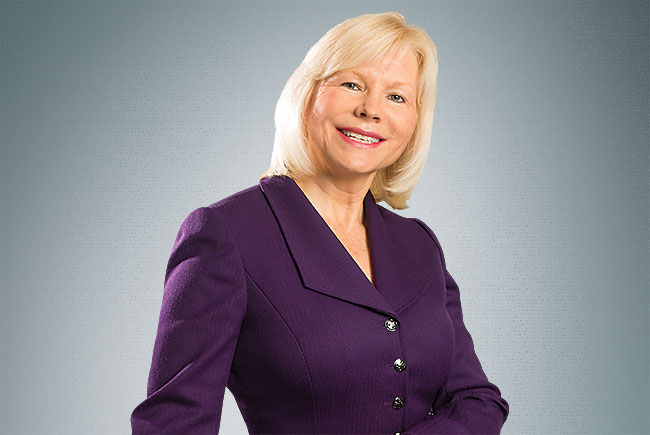By Nancy Dahlberg
The Miami Herald
WWR Article Summary (tl;dr) Carmen Castillo founded “SDI”, a Fort Lauderdale-based company that provides global procurement outsourcing, generating more than $3 billion in revenue. Castillo recently spoke at the “The Startup Expo” in Florida. She says successful entrepreneurs need to have vision, sales skills and be constantly learning.
The Miami Herald
When Carmen Castillo gathers her worldwide executive team together a couple of times a year, she invites them to her house and she cooks for them.
“Why wouldn’t I? They would do anything for me. I want to show them they don’t work for me, I work for them,” said Castillo, who founded and heads SDI International, the U.S.’s largest company owned by a Latina.
SDI, a Fort Lauderdale-based company that provides global procurement outsourcing, generates more than $3 billion in revenues and has locations all over the world. She was one of the keynote speakers at SUP-X: The Startup Expo at the Broward County Convention Center on Monday. SUP-X founder Bob Fitts called her a rare combination of phenomenal success and humility.
Castillo, a native of Spain, always knew she wanted to be an entrepreneur, something she believes you have to be born with. She was a certified chef when she came to this country 26 years ago, and almost overnight she went from running a kitchen to running SDI in South Florida. Only problem: Her business opened the day Hurricane Andrew hit in 1992. She hustled the company back on its feet in 1993.
“The first thing I did was learn about getting certified as a Latina minority and that was my secret to success,” said Castillo, who is president and CEO. “That program opened the door for most of my clients I have right now — IBM, Microsoft, Motorola, Lenovo — we are the number 1 worldwide supplier for Lenovo.” She said she always attends the NMSDC (National Minority Supplier Development Council) conference, which has a South Florida chapter.
“Diversity opens doors but you have to bring value,” she said.
Successful entrepreneurs need to have vision, sales skills and constantly learning, she said. Another tip: Always hire people smarter than you, she said.
When Castillo interviews for executives and managers, she asked two questions: How are you smarter than me and what you will do for SDI. Once hired, the person is expected to run their operation like their own business.
She wasn’t surprised that research shows if you have a gender or minority diverse team your profitability goes up. Women-owned and minority-owned businesses grow faster than the community at large, she said.
“The fact we are immigrants means we are very daring,” she said. “When you start with nothing, you have nothing to lose. … Small minority companies do go the extra mile, as we did, and they bring new ideas, they bring technology, they bring creativity. That is how they survive.”
Also at the conference, Rachel Braun Scherl, serial entrepreneur and principal of SPARK Solutions for Growth, told of her experience raising money from the overwhelmingly male venture capital industry for her startup with a female sexuality product, and then of an even tougher experience trying to get her ads placed. But she was much more successful selling her story about her ad fight to Nightline, and that was the big break her company needed.
Other conference speakers also talked about challenges women and minorities face raising capital. Corporate funds that invest in minority-run startups total about $150 million while venture totals more than $90 billion. For Golden Seeds, investing in women-led startups is not a social mission, but an investment thesis, said Rob Delman, managing director of the fund.
Felecia Hatcher, co-founder of Blacktech Week, reminded the crowd that diversity brings new perspectives. Take the jitney system in Little Haiti that has been operating for decades — sounds a lot like UberPOOL. “That was a missed opportunity for investors,” she said.
Other topics of the annual SUP-X on Monday included the nuts and bolts of angel investing, building a successful hardware startup and next-gen entrepreneurs, including Rachel Zietz, the Boca Raton teen founder of Gladiator Lacrosse who appeared on Shark Tank. The conference continues Tuesday with talks on startup marketing, social impact investing, healthcare innovation and a hardware competition.
Several dozen startups from South Florida and farther afield exhibit their solutions, including Winspire from Fort Lauderdale; The THX Co. from Hollywood; Jinglz from West Palm Beach; and UX Gofer, Emerge, Bid.Aero, Apollonix and Cargo42 from Miami. A handful of finalists will be selected to present to judges Tuesday afternoon for the chance to win a $30,000 grand prize.














































































































































































































































































































































































